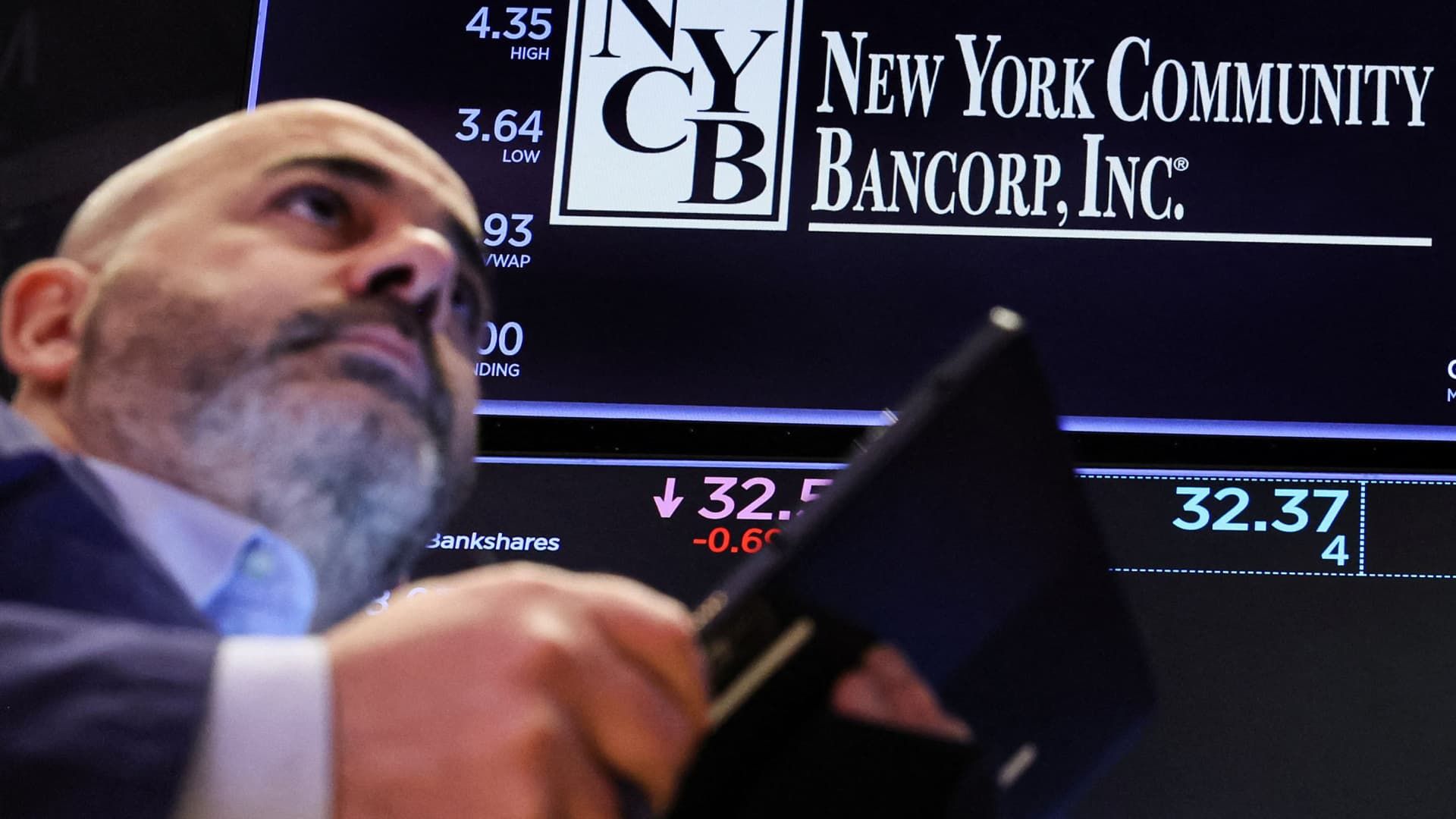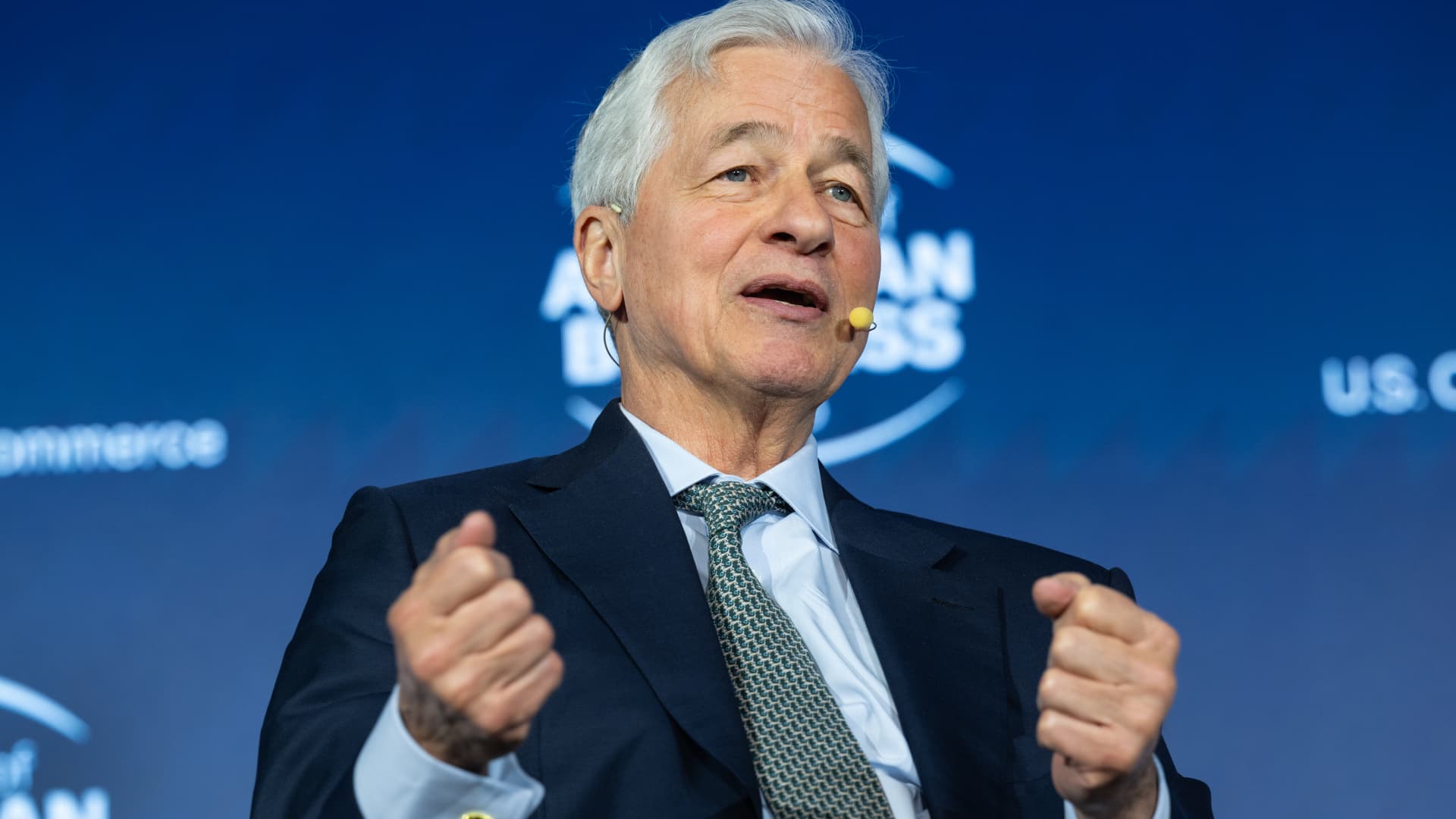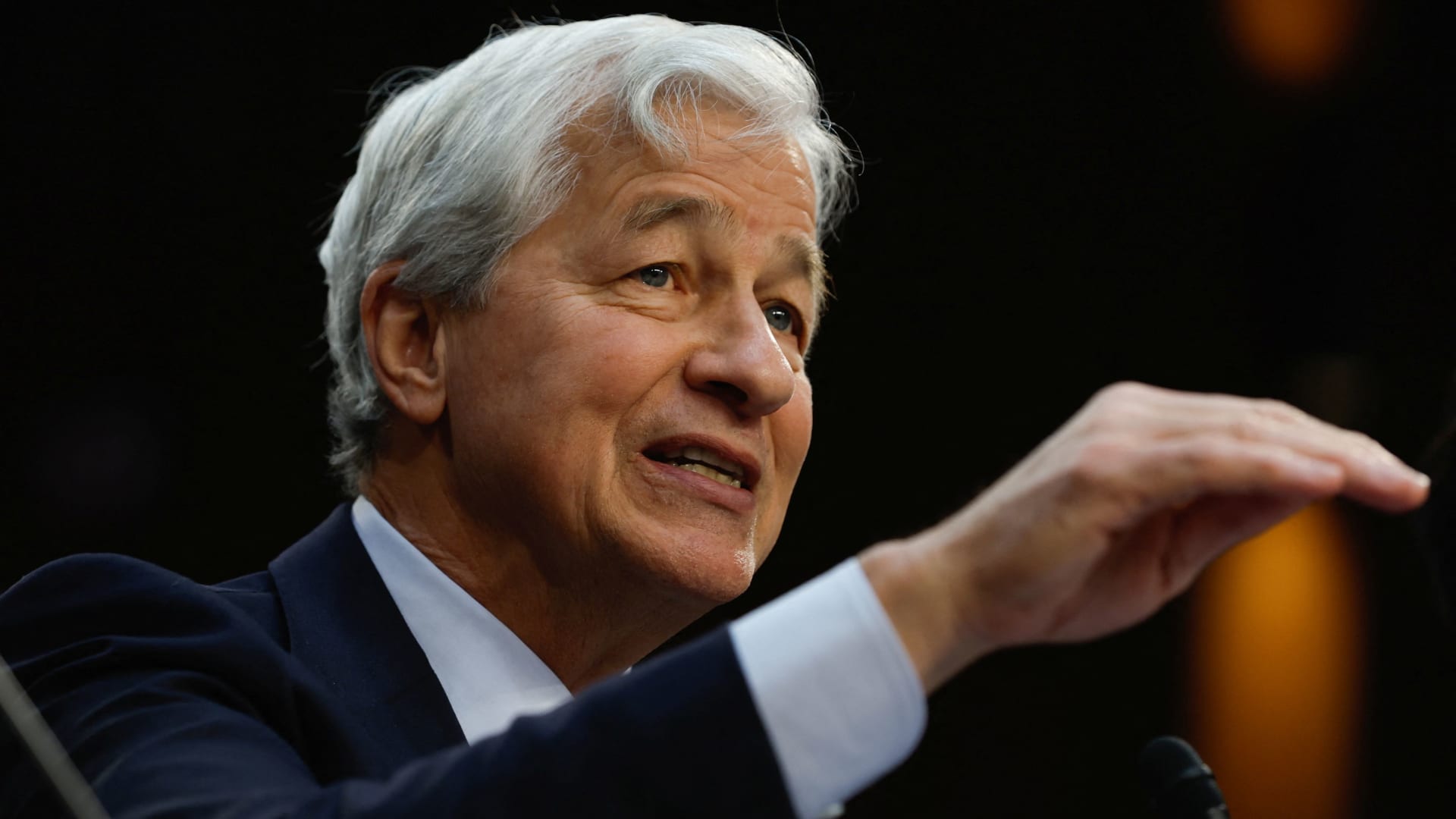A sign is displayed above a New York Community Bank branch in Yonkers, New York, U.S., January 31, 2024.
Mike Segar | Reuters
Regional Lender New York Community Bank finds itself in a seemingly worsening situation just as the anniversary of last year's banking turmoil approaches.
Shares of the troubled lender plunged 25% on Friday to less than $4 each after NYCB restated recent quarterly earnings with a $2.4 billion reduction, formally replaced its chief executive and delayed releasing a report. key annual.
The most troubling development, however, is directly related to investor fears about commercial real estate and the shortfalls the bank reported in a key aspect of its business: NYCB said poor oversight led to “material weaknesses” in the way you reviewed your loan portfolio.
The disclosure is a “significant concern that suggests credit costs could be higher for an extended period,” Raymond James analyst Steve Moss said in a research note on Thursday. “The revelations heighten our concerns about NYCB's interest-only multifamily portfolio, which may require a lengthy resolution period unless interest rates decline.”
In a notable reversal of fortune, a year after runs on deposits consumed regional lenders including Silicon Valley Bank, NYCB (one of the supposed winners of that period after acquiring a portion of Signature Bank's assets following the government seizure) is now facing existential questions of its own.
difficult room
The bank's trajectory suddenly changed a month ago after a disastrous fourth-quarter report in which it posted a surprise loss, cut its dividend and surprised analysts with its level of provisions for credit losses.
Days later, rating agency Moody's cut the bank's credit ratings two notches to junk over concerns about the bank's risk management capabilities following the departure of NYCB's chief risk officer and chief audit executive.
At the time, some analysts took comfort in the steps NYCB took to shore up its capital, noting that the promotion of former Flagstar CEO Alessandro DiNello to CEO boosted confidence in management. The bank's shares were briefly boosted by a flurry of insider buying that signaled executives' confidence in the bank.
DiNello became CEO effective Thursday after his predecessor resigned.
Deposit update?
Now, some question the stability of NYCB deposits amid the tumult. Last month, the bank said it had $83 billion in deposits as of Feb. 5, a slight increase from the end of the year. Most of those deposits were insured and it had ample resources to draw on if uninsured deposits left the bank, he said.
“The NYCB has not yet provided an update on deposits, from which we can only infer… that they are low,” DA Davidson analyst Peter Winter said in a note Thursday.
“The question is by how much?” Winter asked. “In our view, corporate treasurers were re-evaluating whether they were going to keep deposits at NYCB when its debt rating was downgraded to junk.”
In a statement issued Friday announcing a new chief risk officer and chief audit executive, NYCB CEO DiNello said he had identified the weaknesses revealed Thursday and is “taking the necessary steps to address them.” The bank's provision for credit losses is not expected to change, he added.
“The company has strong liquidity and a solid deposit base, and I am confident that we will execute our turnaround plan,” DiNello said.
Drilled Key Stock Level
The pressure on NYCB's operations and profitability amid high interest rates and a murky outlook for loan defaults has raised questions about whether NYCB, a serial acquirer of banks until recently, will be forced to sell itself at a more stable partner.
Ben Emons, head of fixed income at NewEdge Wealth, said markets perceive banks trading for less than $5 per share to be at risk of being seized by the government.
A representative for NYCB did not immediately respond to a request for comment.
For now, the concern appears to be limited to NYCB, where commercial real estate accounts for a larger share of loans compared to some rivals. While NYCB shares hit a 52-week low of $3.32 per share on Friday, other banking indices saw only slight declines.
“We expect more questions about whether NYCB will sell,” Citigroup analyst Keith Horowitz said in a note. “But we don't see many potential buyers here, even at this price, because of the uncertainty…in our opinion, NYCB stands alone.”
— CNBC's Tom Rotunno and Michael Bloom contributed to this story.
Don't miss these CNBC PRO stories:









